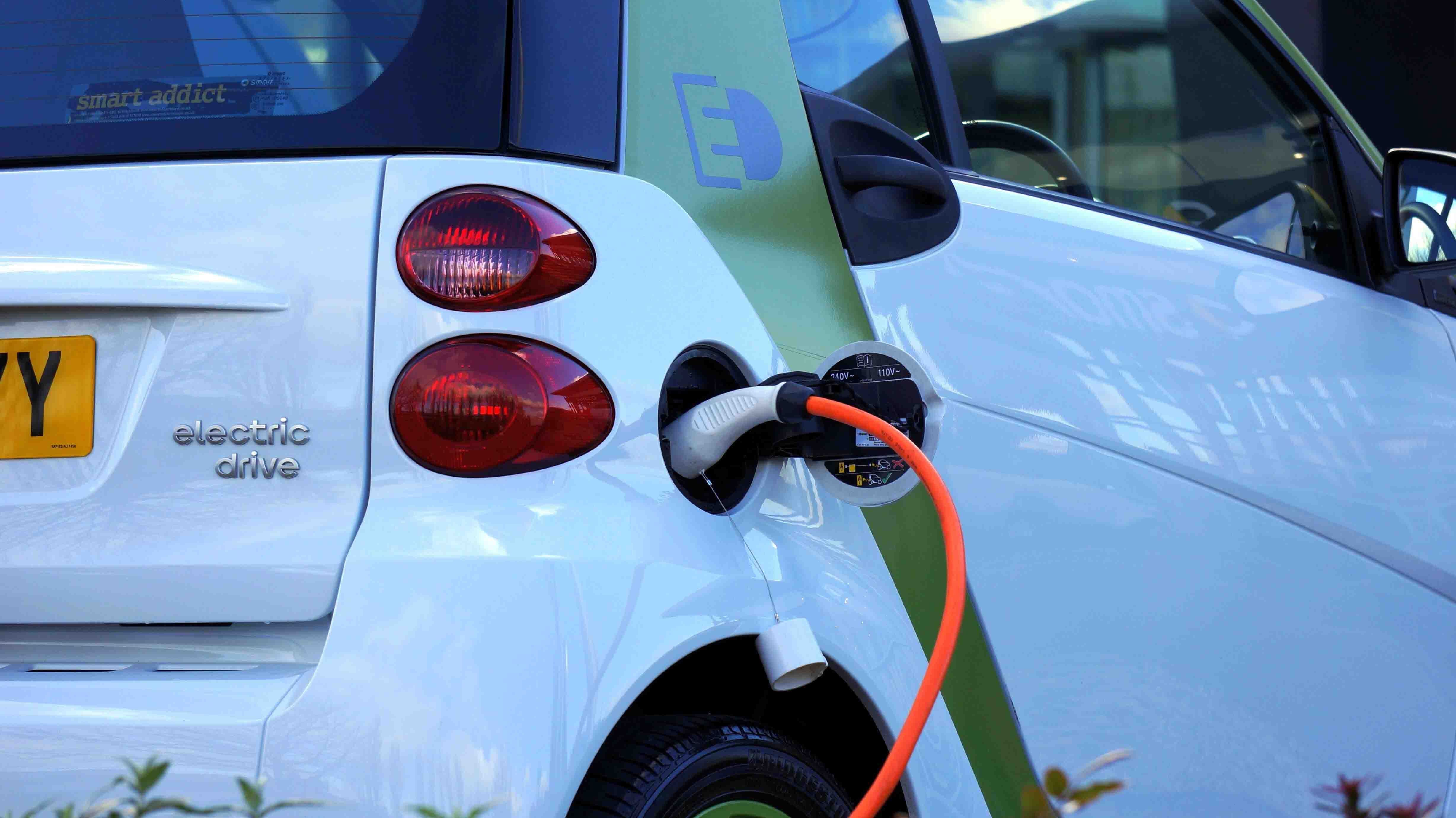Shanghai (Gasgoo)- Pony.ai announced on November 19 that it has formed new partnerships with SANY TRUCK and Dongfeng Liuzhou Motor ("DFLZM") to jointly develop its fourth-generation autonomous heavy-duty truck family. The upcoming system is being built on a scalable, platform-based architecture designed to accommodate multiple vehicle types with minimal adaptation.
The first two models will be developed on the latest battery-electric vehicle (BEV) platforms from SANY TRUCK and Dongfeng Motor, with mass-production programs targeting volumes in the thousands. Initial fleet operations are expected to begin next year. Pony.ai believes that commercializing these products at scale will mark a decisive move toward widespread driverless freight operations.
The fourth-generation hardware suite for autonomous trucks will use exclusively automotive-grade components and share most of the parts used in Pony.ai's latest-generation Robotaxi platform. This component reuse reduces the bill of materials per truck by roughly 70% compared with the previous generation.
Pony.ai highlighted the benefits of its "1+4" convoy model—one lead truck with a safety driver followed by four fully driverless units. Pilot scenarios suggest that this formation could reduce per-kilometer freight costs by 29% and boost margins by nearly threefold compared with conventional trucking. Each vehicle could also cut annual carbon emissions by around 60 tonnes, aligning with China's goals for greener, lower-cost logistics operations.
The new platform inherits the full-redundancy architecture and safety protocols introduced on Pony.ai's next-generation Robotaxi, pushing freight-grade reliability to higher levels. Designed for a 20,000-hour service life, the system is built to support up to one million kilometers of freight hauling.
The trucks will feature a fully redundant drive-by-wire chassis, covering steering, braking, communications, power, computing and perception systems. Each subsystem has dual-backup architecture to ensure continued safe operation under failure conditions. The vehicles will also undergo rigorous electromagnetic, durability, high-temperature and cold-weather testing to withstand the demanding environments of long-haul freight.
China, the world's largest long-haul trucking market, is rapidly advancing toward smarter, automated logistics. Pony.ai began investing in autonomous trucking in 2018 and now operates a fleet of about 200 vehicles that have collectively transported more than one billion tonne-kilometers of goods. The company has also secured many of the country's first road-testing and commercial freight permits for autonomous trucks.
With 2026 marking the start of China's "15th Five-Year Plan," Pony.ai sees the launch of its fourth-generation trucks as a timely convergence of several national priorities: the scaling of new-energy heavy-duty trucks, the maturing of autonomous-driving technology and the rapid decline in hardware costs.
As one of the frontrunners in autonomous freight, Pony.ai says its technology is designed to address long-standing industry challenges, from safety risks and labor shortages to fragmented operations and inconsistent fleet management. The company aims to help build a safer, smarter and lower-carbon logistics system through the deployment of new-energy autonomous trucks—supporting more reliable, efficient and sustainable goods movement across China.



